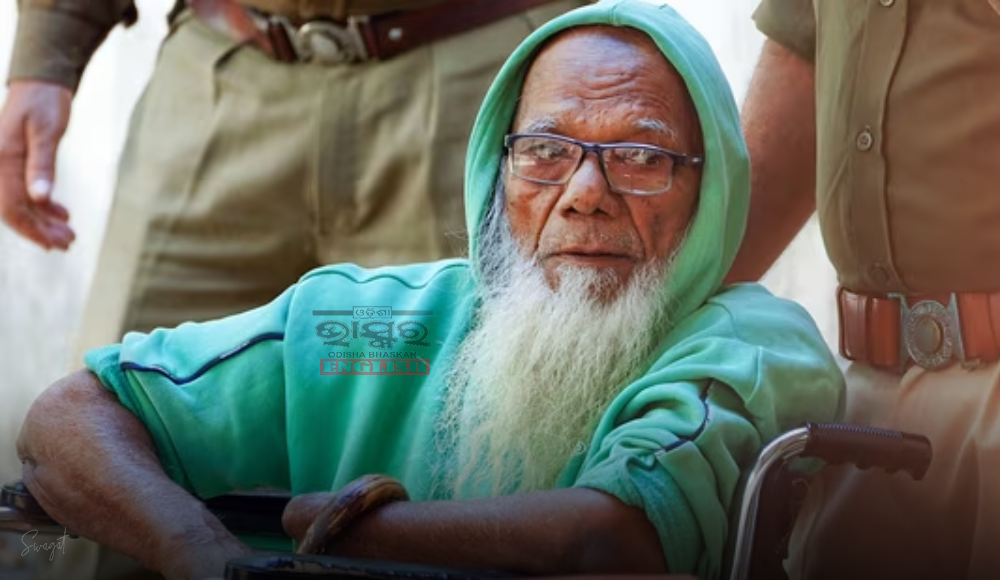New Delhi: Abdul Karim Tunda, a key accused in the 1993 serial bomb blast case, has been acquitted by the Special Terrorist and Disruptive Activities (TADA) court, citing lack of evidence.
This is not the first instance of Tunda being acquitted for similar reasons. In March 2016, a Delhi court ruled in his favour, stating that the police failed to establish his involvement as a bomb-maker for Lashkar-e-Taiba (LeT), despite his status as a person with a damaged hand.
Tunda, known for his alleged ties to extremist groups like LeT, Jaish-e-Mohammed (JeM), and Harkat-ul-Jihad al-Islami (HUJI), had faced charges related to his purported role in orchestrating the coordinated bombings that rocked Mumbai in 1993. These attacks claimed numerous lives and caused widespread destruction, targeting prominent landmarks such as the Bombay Stock Exchange.
Despite his alleged involvement in various terrorist activities, Tunda managed to evade authorities for years, often crossing international borders to evade capture. However, Indian authorities finally apprehended him near the Indo-Nepal border in August 2013.
Following his arrest, Tunda faced multiple terrorism-related charges, including conspiracy, murder, and waging war against the state. In October 2017, a Sonepat court found him guilty in the 1996 Sonepat blasts case, sentencing him to life imprisonment under relevant sections of the Indian Penal Code and Explosive Substances Act.
Originally hailing from Uttar Pradesh, Tunda has been accused of instructing jihadists in bomb-making techniques in countries like Bangladesh and Pakistan. Reports also suggested his involvement in training Rohingyas from Myanmar for attacks targeting Buddhists in the region.




Comments are closed.